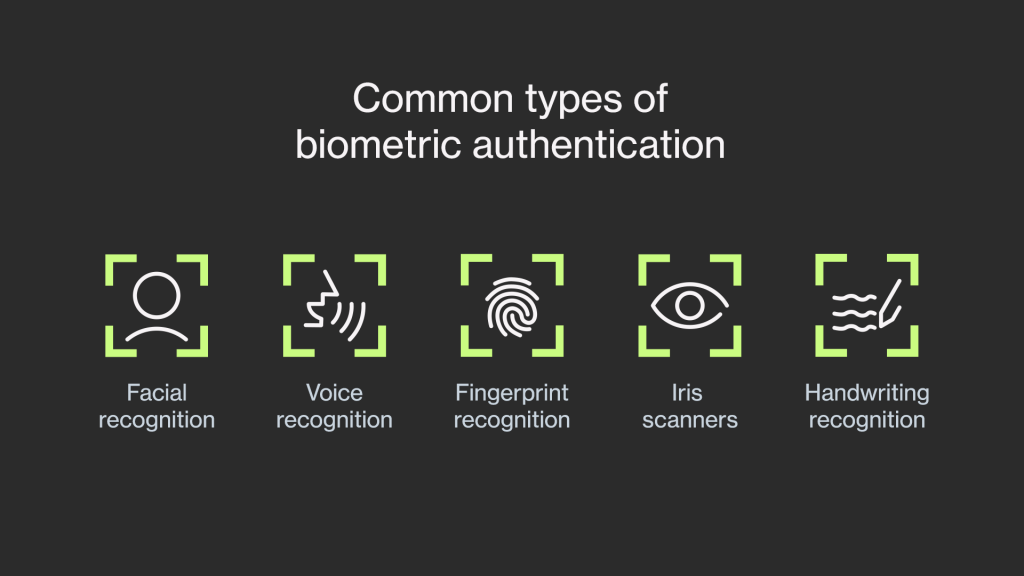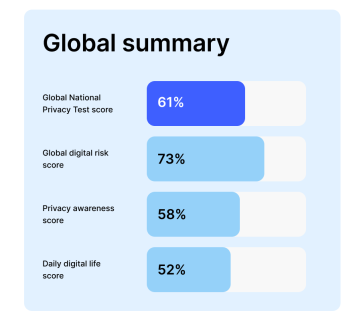Most of us do not consider the insecurity involved while using social media platforms and that is why most people will post and share their photos on Facebook without taking time to control who gets to see them and who doesn’t. And yet when a stalker shows up, users are quick to blame the platform for lacking privacy.
Facebook, however, has put in place a setting that lets the user control who gets to see what, which is a good thing to some extent if you do not become a victim of a hack. We also know how hard it can be to delete photos from the platform as it only allows users to delete one photo at a time – that is if you are a clueless user like me with no tricks up your sleeve like the IT gurus.
Speaking of IT gurus, a hacker recently discovered how to permanently delete any photo album from the Facebook platform as long as it is available to the public eye. By any photo album, I mean yours and mine, and even those of Mark Zuckerberg, as long as they can be seen.
The hacker was playing around with the social network’s Graph API when he made the bug discovery that only required a four line code to cheat the back-end data into performing the deletion task, something the hacker described as very simple but could cause unsuspecting users a lot of loss in data.
Deciding to be nice and once again take advantage of the discovery to profit from the social network, the hacker by the name Laxman Muthiyah chose to report the matter directly to Facebook, through its White Hats program that lets hackers report any vulnerabilities realized instead of using them maliciously.
According to the white hat hacker through a blog post, Facebook security team acknowledged the claim with a quick response and a fix for the bug in less than two hours from the time the report was made. Muthiyah also mentions that he received 12,500 dollars (about KSh 1.12 Million) in bounty pay from Facebook.
That amount does clearly show the bug was serious and Facebook would not risk the occurrence for its a million plus users, because if it wasn’t serious, Muthiyah would have just gotten recognition from the social network through a mention on the white hats program thank you page, a reward offered to the not so serious bug discoveries.





